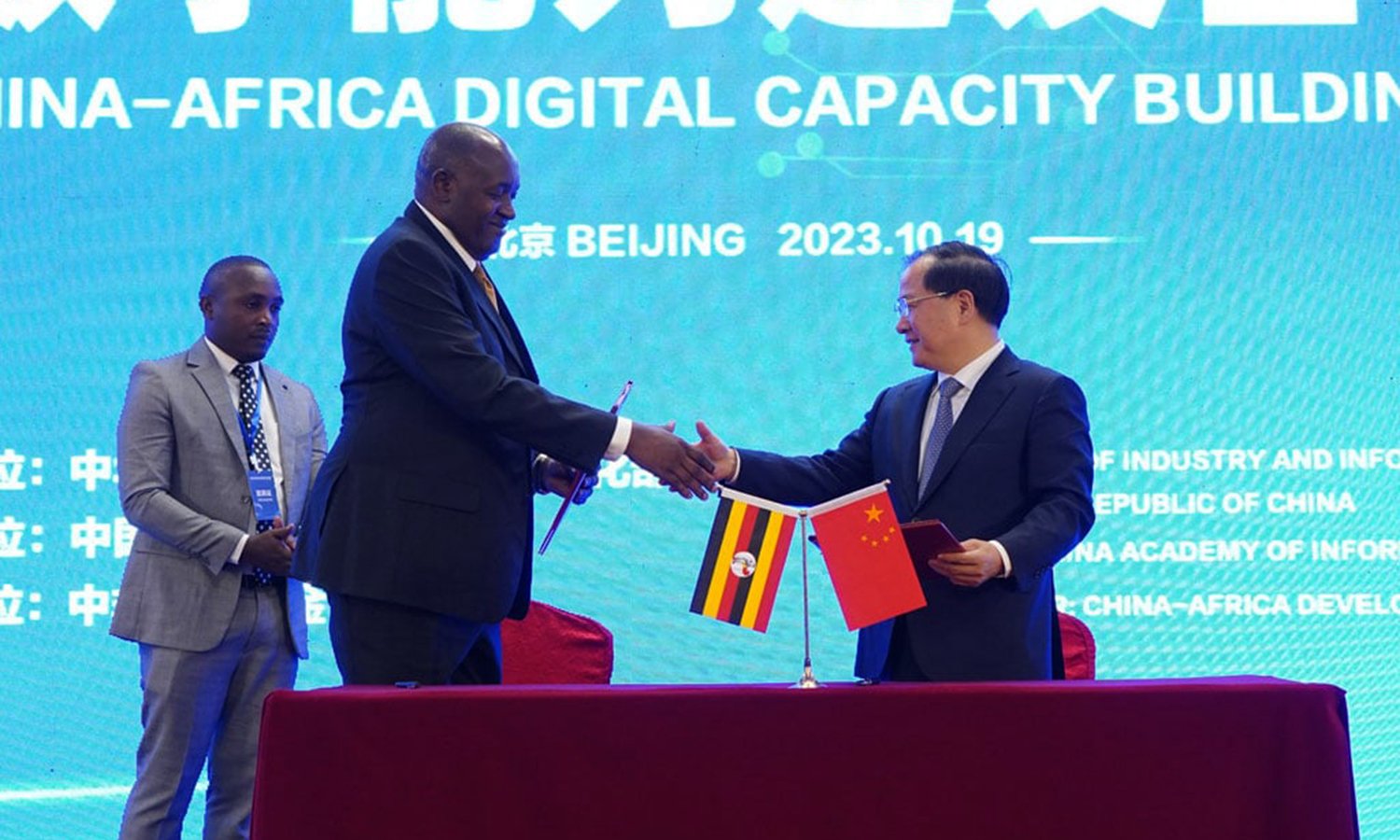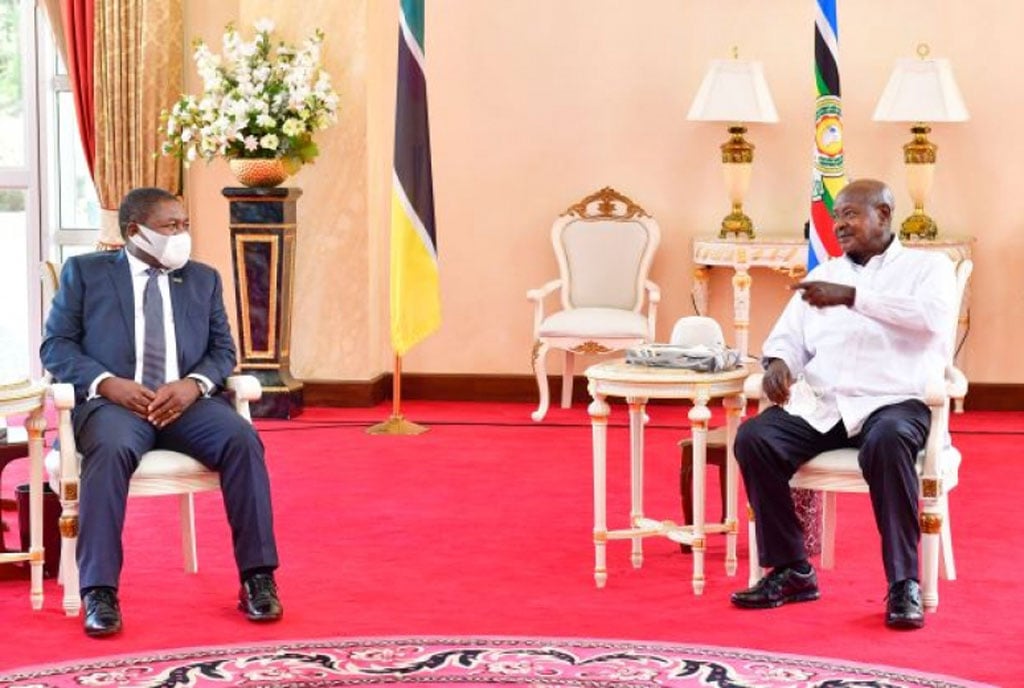Prime
Govt applauds Chinese investments in key sectors

Uganda's Vice President Jessica Alupo. PHOTO/FILE
What you need to know:
- Scholars, however, pointed out that for Uganda to effectively learn from China’s trajectory and model of development, it should adopt a guiding ideology and value system.
The government has applauded the Chinese government and private sector for investing in key sectors that have aided the country’s development.
Mr Vincent Musubire, representing Vice President Jessica Alupo, said the six-decade bilateral relations between Uganda and China, which run on the principle of mutual respect and win-win cooperation has been transformational for the country.
“No nation in the history of the world can modernize without improved infrastructure and human capital. All these are being done thanks to China-Uganda cooperation,” Mr Musubira said.
He added: “China has been a close ally to Uganda and Africa in general, supporting the development of African countries, especially in the infrastructure, agriculture, health, industry, and energy sectors. From the expressway to Kampala, Industrial Parks and the near-completed Karuma Hydro projects, plus the many belt and road initiatives and projects in no way can the right-thinking person discredit that.”
He made the remarks at the 20th session of the China Africa Lecture, a brainchild of the China-Africa Institute, hosted by the Development Watch Centre, a Ugandan think tank dedicated to the analysis of Uganda’s foreign policy and diplomacy in Kampala on Saturday.
China has become a major partner and an alternative source of financing for Uganda’s key sectors like infrastructure, manufacturing and energy.
In May, President Museveni, while speaking at the World Bank’s International Development Association Summit for African Heads of State in Nairobi, hit out at the Bretton Woods Institutions IMF for focusing much of the funding on non-core sectors, neglecting growth factors.
The country, however, still maintains working relations with the Institutions, and Western countries such as the United States that invests nearly $1b annually in sectors like health, and security.
Mr Peter Muramira, from the Uganda Investment Authority’s Investment Promotion and Business Facilitation Office, said Chinese investments made up 45 percent of the Foreign Direct Investments in the country in the last two years.
A 2017 study by the World Bank titled, “How can Uganda benefit from China’s Economic rise?” reported a positive impact on Uganda’s economy resulting from increased economic engagement, exports and infrastructure funding.
The event was attended by Ugandan academics, researchers and students from different universities, as well as a group of professors from the China-Africa Institute. Prof Wang Xiaoming, the Deputy Director General of the Beijing-based Institute, yesterday painted an optimistic future for Uganda, underscoring the importance of values and a culture that drives excellence.
“China was here 20 years ago. You invite people for a meeting at 9:00 and they show up at 9:30am. That is where you are now. In developed countries, when they give you 20 minutes to speak, they switch you off when they are over. Here the moderators are too shy to stop you. That is culture” she said.
According to Prof Wang, Uganda can borrow lessons from China but advised against copying and pasting, instead calling for the said lessons to be reframed to fit the local context.
“Diversity is good. We keep our own and learn from others. We cannot transplant what works in China to here, it may not be effective,” she said.
Prof Wang is leading a team of four other professors who will spend a week in the country, engaging and capacity on conducting quality research. The team will also engage selected communities on poverty alleviation.
Scholars, however, pointed out that for Uganda to effectively learn from China’s trajectory and model of development, it should adopt a guiding ideology and value system.
Mr Ssemanda Alawi, the executive director of the Development Watch Centre, cautioned that without strategic planning and positioning, Uganda stands to not fully maximise her relations with the Asian giant, now the second biggest economy in the world.
He called for the development of a comprehensive policy to guide how Uganda will engage with China going forward. This, he said, should be based on research and the country’s interests.




